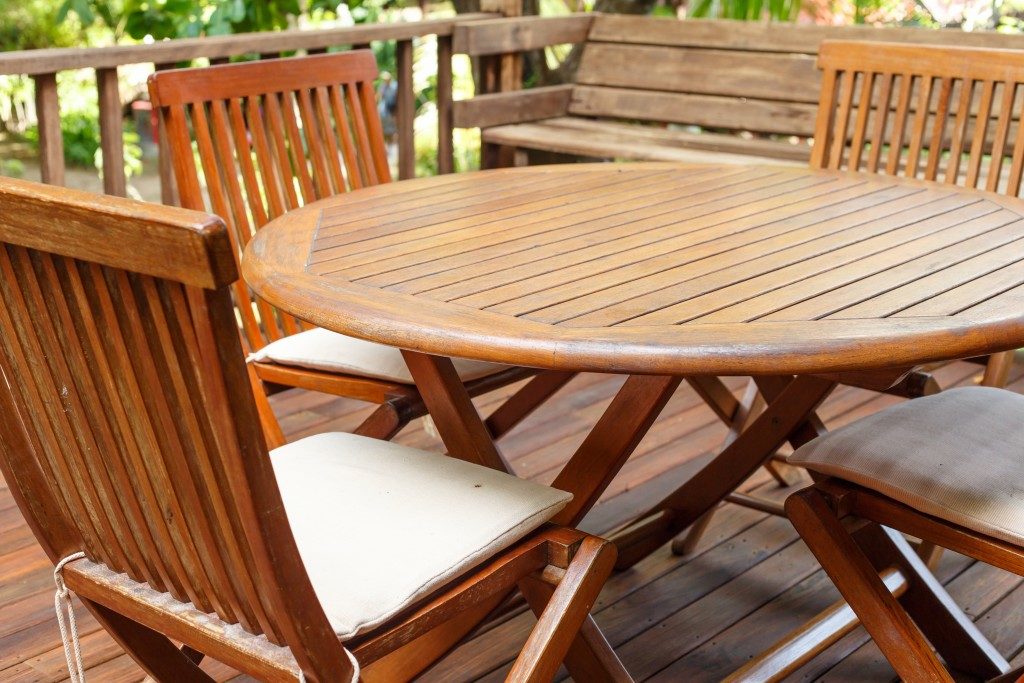The most common types of outdoor living spaces are patios and decks. For most property owners, these terms are interchangeable. However, there are differences between the two. Unlike a patio, a deck is uncovered. It has been the ideal choice for outdoor living in areas with temperate weather conditions throughout. Nowadays, however, decks will also suffice for places with harsh weather conditions since they can have a temporary cover for protection. One of the critical elements you nonetheless should center on is the material of your deck.
Wood is the most popular option for non-combustible decking nowadays thanks to the treatment alternatives available for the material. One of the best wood varieties for your decking is tropical hardwood. This comes in diverse color options, is easy to maintain, and will withstand even the harshest elements. The following are the best tropical hardwood species to pick for your decking.
Ipe
This is largely considered the gold standard of wood decking nowadays. Ipe is a truly magical wood species that will remain strong and stable even in the harshest of environments when used on decks. Its durability will not be compromised, despite extreme weather conditions, because this is among the hardest woods anywhere in the world. Ipe is a premium hardwood and might be a bit more expensive compared to other tropical hardwoods, though its exceptional beauty and durability make it worth the price.
Cumaru
This wood species is also called Brazilian teak. It is available in two variants: red and yellow cumaru. The standard choice for decking is the red variant since it largely resembles ipe and might give your exteriors the latter’s exceptional beauty at a fraction of its price. However, note that cumaru has some stability problems and is susceptible to shrinking. These issues can be averted by careful kiln-drying of the timber before its installation.

Tigerwood
This is also called Goncalo Alves. It is renowned for its brownish-orange background mixed with dark stripes that give it its tiger-like look. With time, its color will darken to become a somewhat deeper shade of reddish-brown. Tigerwood is stable in most climatic conditions and dries well, though kiln-drying is essential to achieve these properties. Though readily available and inexpensive, the variegated striping of this species might make it challenging to achieve a consistent deck appearance. Moreover, its smooth texture makes it slippery.
Massaranduba
This is also called bullet wood or Brazilian redwood. It is a very dense tropical hardwood that yields consistent and straight-grained boards. Massaranduba has a deep red color that mellows with brown with continued outdoor exposure. Though about 20% less dense compared to ipe, it is still durable. Massaranduba is prone to checks and splits when dry. Owing to these properties, it is often used in wet climates.
The above tropical hardwood species are natural decking products. Because these are organic materials, there might be some slight variations in the appearance and performance of your decking. Either way, it is essential to get your wood from a supplier committed to providing only authentic products. This way, you can guarantee that the look and durability of your deck are aligned with your expectations for your wood variety.




